One randomly chosen winner via rafflecopter will win a $50 Amazon/BN.com gift card.

If you could apologize to someone in your past, who would it be?
In the Jewish tradition, people are required to apologize on Yom Kippur to those they have offended in the past year. I think this is a great practice---it keeps people mindful and accountable, and reinforces the need to learn from their mistakes. Some years I have a short list, and sometimes it’s longer.
If you could keep a mythical/ paranormal creature as a pet, what would you have?
I think a fire-breathing dragon would be a very useful companion to have, particularly when dealing with rude and aggressive people in traffic jams.
How do you keep your writing different from all the others that write in this particular genre?
It’s crucially important to be yourself, rather than trying to emulate a certain style or individual writer that you admire. If you stay true to your own voice, you’ll inevitably produce work that is unique and different.
What are the best and worst pieces of writing advice you ever received?
The best: my first creative writing instructor in college hammered me mercilessly with the need to abandon lazy habits, and not to use clichés or accessible phrases. It was painful to achieve, but it was extremely valuable.
The worst: When I graduated from college, I went to work for a major metropolitan daily newspaper (which shall be unnamed). Three years later I was ready to leave and seek life experience in the wider world. When I announced my decision to quit, I had several editors who felt strongly that newspapers were the best way to hone your style as a writer. They were wrong, and I’m glad I didn’t listen to them.
Are the experiences in this book based on someone you know, or events in your own life?
The main character---the chef who sells his soul to the Devil for fame and fortune---is based on someone I worked with many years ago. A number of other situations and characters are based on personal experience. For that reason, it took me a long time to spit out this story. The value of autobiographical material is that it can be very vivid, if rendered correctly. The drawback is that writers tend to be too close to that type of material to see it clearly.
|
BLURB:
In 1990 some critics believe that America’s most celebrated chef, Joseph Soderini di Avenzano, cut a deal with the Devil to achieve fame and fortune. Whether he is actually Bocuse or Beelzebub, Avenzano is approaching the 25th anniversary of his glittering Palm Beach restaurant, Chateau de la Mer, patterned after the Michelin-starred palaces of Europe. Journalist David Fox arrives in Palm Beach to interview the chef for a story on the restaurant’s silver jubilee. He quickly becomes involved with Chateau de la Mer’s hostess, unwittingly transforming himself into a romantic rival of Avenzano. The chef invites Fox to winter in Florida and write his authorized biography. David gradually becomes sucked into the restaurant’s vortex: shipments of cocaine coming up from the Caribbean; the Mafia connections and unexplained murder of the chef’s original partner; the chef’s ravenous ex-wives, swirling in the background like a hidden coven. As his lover plots the demise of the chef, Fox tries to sort out hallucination and reality while Avenzano treats him like a feline’s catnip-stuffed toy. |
Several years after the opening of Chateau de la Mer, the triumvirate of Avenzano, Walsh and Ross appeared to be one big happy family, although there were rumors of strains in the relationship. One night, at the height of the Festival of Champagne, there was an incident. Ross, a notorious womanizer, was sipping Cristal with a redhead at the restaurant’s corner table. His wife slipped through the front door of the mansion, unannounced. Walking slowly through the dining room, past the Medieval memorabilia and dramatic cast-iron griffins, she strolled up to Ross’s table, took a revolver from her evening bag, and calmly shot him through the heart.
The ensuing chaos did more to establish Joseph Soderini di Avenzano in the American imagination than his designer pasta, his Bedouin-stuffed poussin, his recipes transposed from Etruscan or Old Genoese, or his library of 10,000 cookbooks. This was more than a good meal, after all. This was sex and death in Palm Beach. Even more intriguing was the Chef’s refusal to comment on Ross after his death, except for informal and effusive eulogies in his famous baritone.
“Watch that Cristal,” David’s friend Bill Grimaldi told him before he left Manhattan to do an assigned story on the 25th anniversary of Chateau de la Mer. “It’s a killer.”
AUTHOR Bio and Links:
Mark Spivak is an award-winning writer specializing in wine, spirits, food, restaurants and culinary travel. He was the wine writer for the Palm Beach Post from 1994-1999, and was honored by the Academy of Wine Communications for excellence in wine coverage “in a graceful and approachable style.” Since 2001 has been the Wine and Spirits Editor for the Palm Beach Media Group; his running commentary on the world of food, wine and spirits is available at the Global Gourmet blog on www.palmbeachillustrated.com. He is the holder of the Certificate and Advanced diplomas from the Court of Master Sommeliers.
Mark’s work has appeared in National Geographic Traveler, Robb Report, Men’s Journal, Art & Antiques, the Continental and Ritz-Carlton magazines, Arizona Highways and Newsmax. He is the author of Iconic Spirits: An Intoxicating History (Lyons Press, 2012) and Moonshine Nation: The Art of Creating Cornbread in a Bottle (Lyons Press, 2014). His first novel, Friend of the Devil, is published by Black Opal Books.
Website: http://www.markspivakbooks.com
https://www.goodreads.com/author/show/4659831.Mark_Spivak?from_search=true&search_version=service
https://www.facebook.com/mark.spivak.3
Amazon author page URL
http://www.amazon.com/Mark-Spivak/e/B007QASMAC/ref=sr_tc_2_0?qid=1458677775&sr=1-2-ent
Barnes and Noble Author URL
http://www.barnesandnoble.com/s/mark+spivak?_requestid=552756
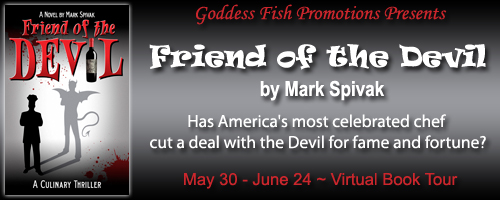
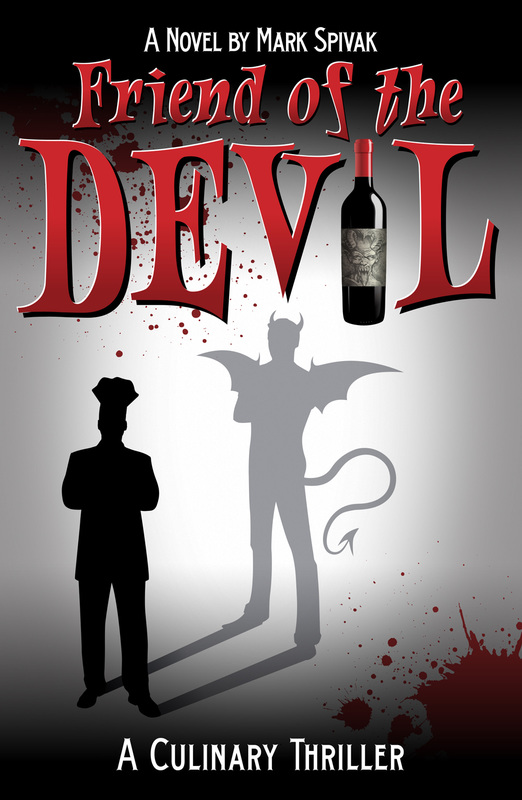

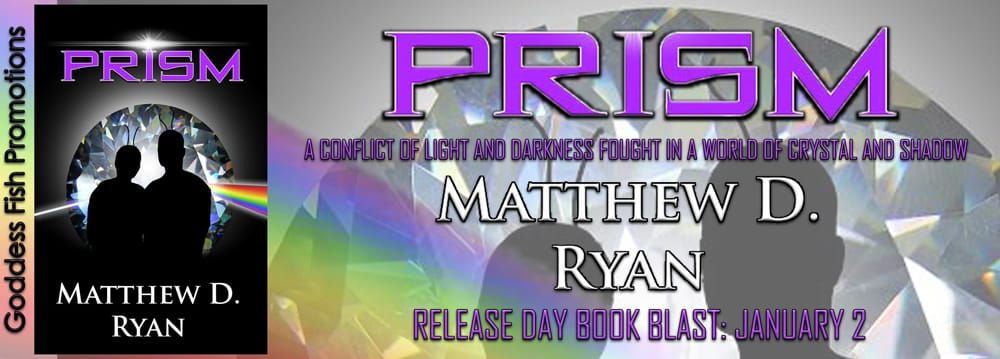
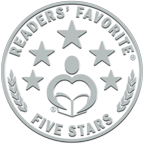
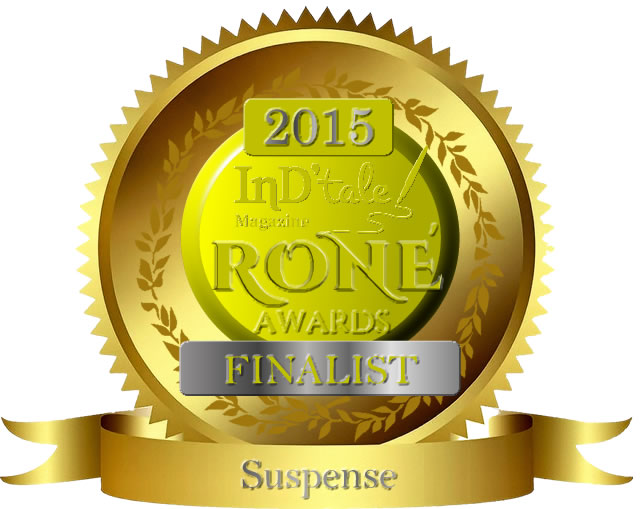
 RSS Feed
RSS Feed
